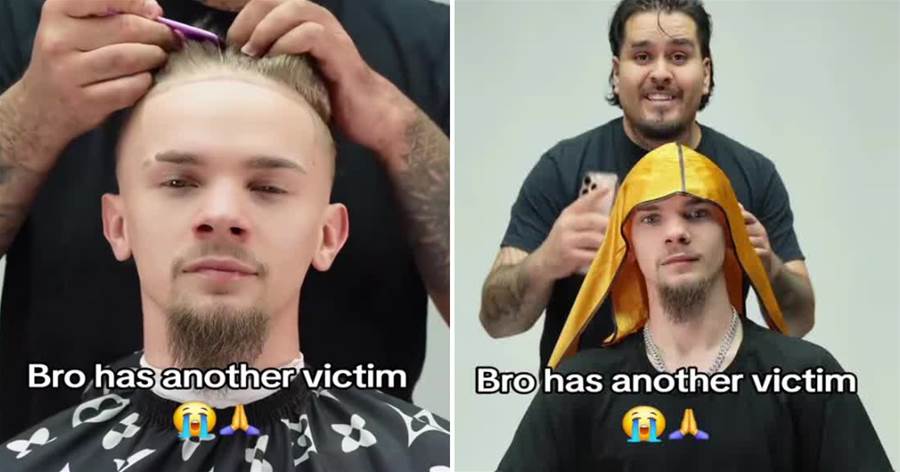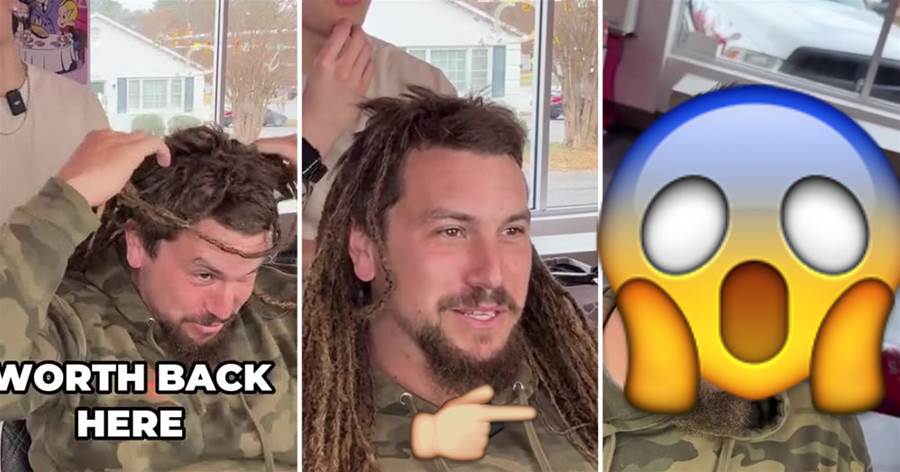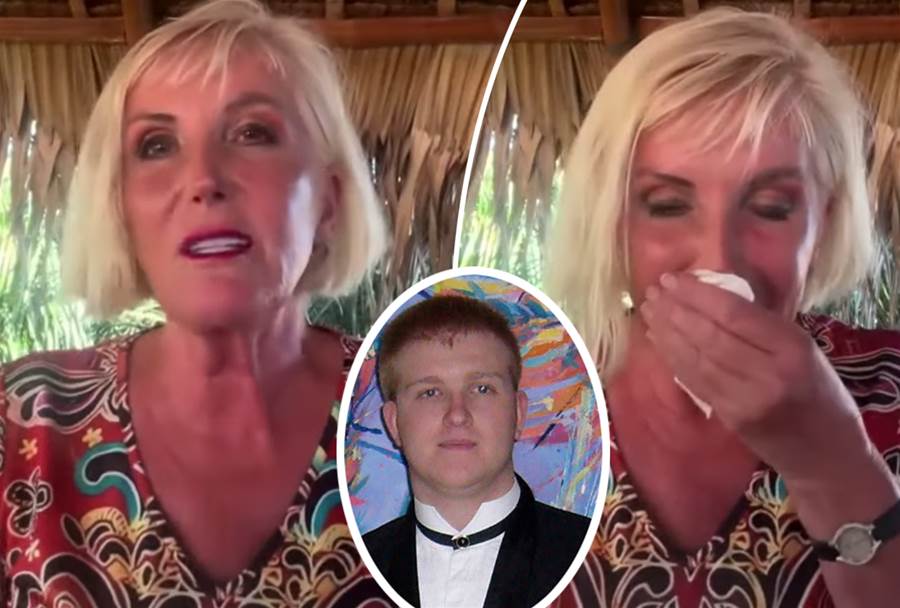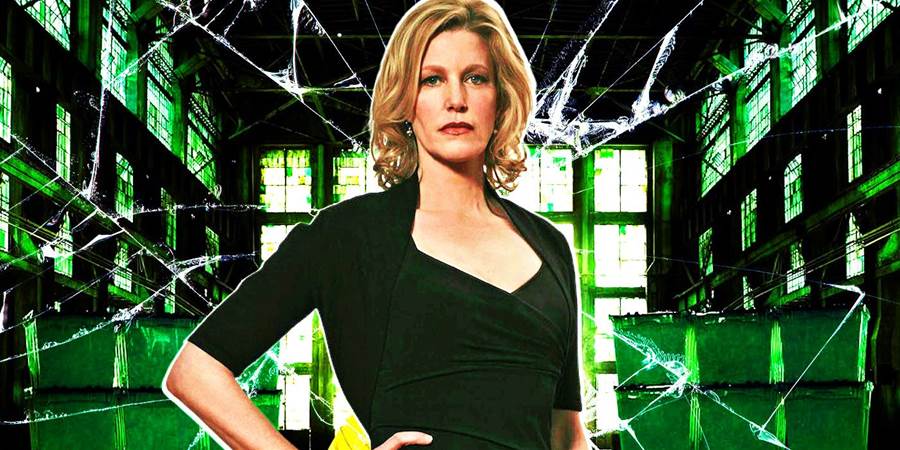
While 'Better Call Saul' brought back many familiar faces, one notable absence was Skyler White. Was it intentional? 🤔 Let's delve into the mystery!
The "Better Call Saul" Mystery: Why Skyler White Was Left Out - And What It Means for the Show's Legacy
While "Better Call Saul" masterfully reintroduced many beloved "Breaking Bad" characters, one key figure remained absent: Skyler White.
Actress Anna Gunn, who portrayed the complex character, recently addressed her lack of involvement in the spin-off, shedding light on the reasons behind her absence.
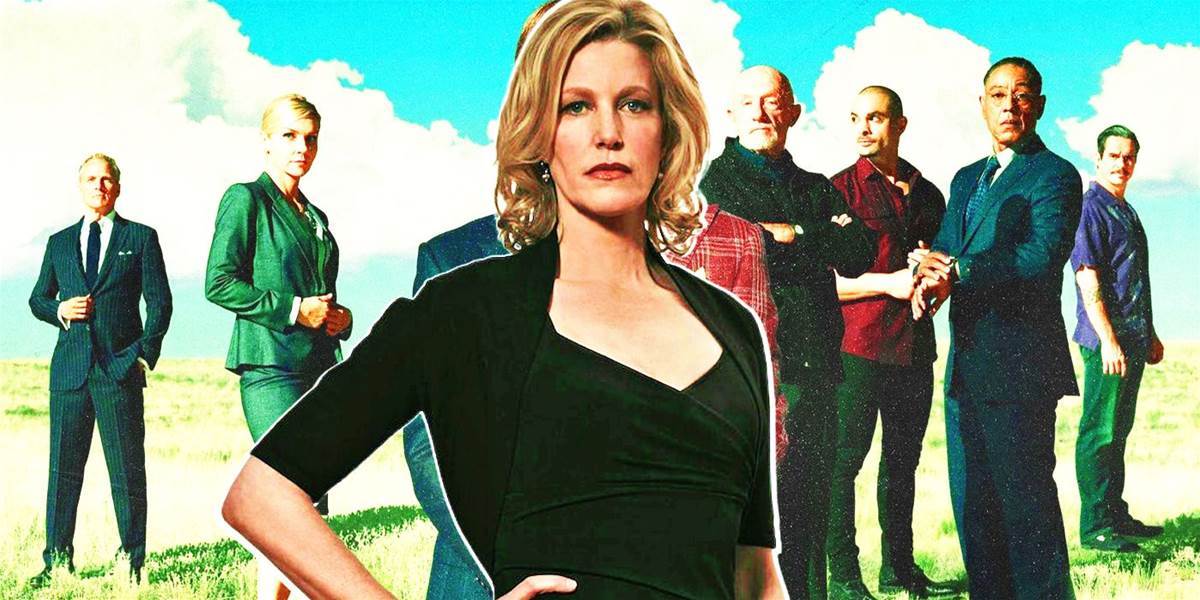
"I Don't Know That the Writers Could Ever Quite Figure Out a Way to Make That Happen"
In a candid interview, Gunn revealed that while the writers of "Better Call Saul" expressed regret over her character's exclusion, they struggled to find a natural and meaningful way to incorporate Skyler into the narrative.
Gunn acknowledged that Skyler's storyline had reached a natural conclusion in "Breaking Bad," with Walter White's actions leaving an indelible mark on his family's future. The spin-off, focusing primarily on the journeys of Jimmy McGill, Kim Wexler, and Mike Ehrmantraut, sought to carve its own path, exploring the transformation of Jimmy into the morally ambiguous lawyer, Saul Goodman.
The Hate That Skyler Received Played a Part
Gunn also reflected on the intense backlash her character faced during the original series, which may have contributed to the decision to omit her from "Better Call Saul." Skyler, often portrayed as an obstacle to Walter's criminal ambitions, became a target of viewer frustration, a phenomenon that deeply affected Gunn at the time. While she believes societal perspectives have evolved since then, the writers may have been hesitant to reintroduce a character who had evoked such strong negative reactions.
The Stories of Kim and Saul Stand Apart from Walter White
Ultimately, the decision to exclude Skyler from "Better Call Saul" underscores the spin-off's commitment to forging its own identity. While the series skillfully intertwined with "Breaking Bad," it ultimately centered on the moral descent of Jimmy McGill, with Kim Wexler serving as a compelling foil and partner in crime.
Their stories unfolded largely independently of Walter White's influence, allowing "Better Call Saul" to explore new narrative avenues and delve into the complexities of its central characters.
While fans might have enjoyed seeing Skyler White return in some capacity, her absence highlights the creative choices that shaped "Better Call Saul." The spin-off successfully carved its own path, delivering a compelling narrative that both honored and expanded upon the world of "Breaking Bad" without relying on unnecessary cameos.












